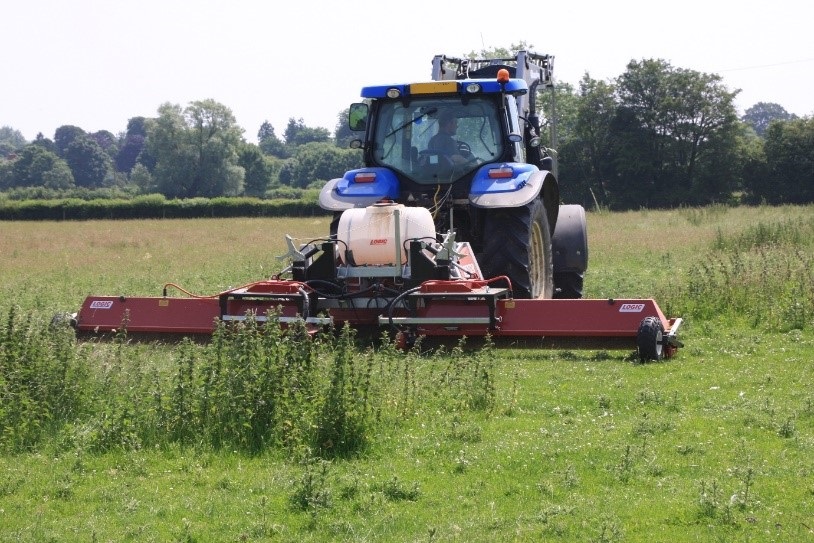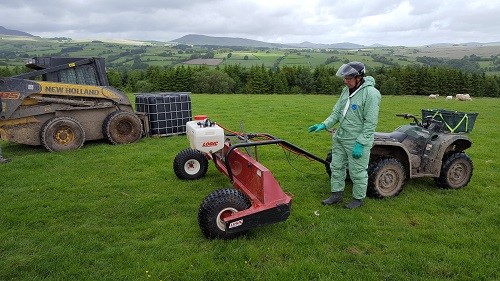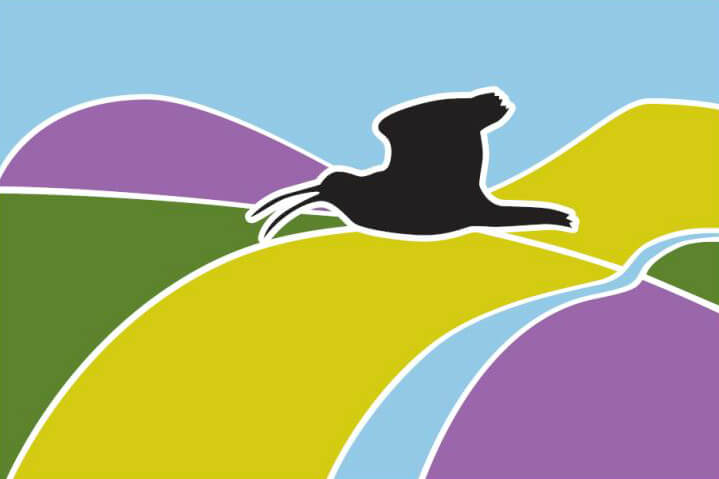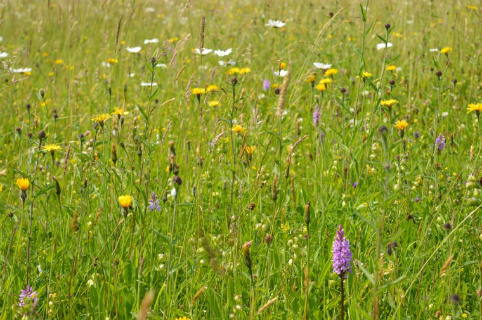This is an archived website, available until June 2027. We hope it will inspire people to continue to care for and protect the South West Peak area and other landscapes. Although the South West Peak Landscape Partnership ended in June 2022, the area is within the Peak District National Park. Enquiries can be made to customer.service@peakdistrict.gov.uk
The 5-year South West Peak Landscape Partnership, 2017-2022, was funded by the National Lottery Heritage Fund.
United Utilities hosts event for Cheshire farmers on sustainable rush control
24 October 2018
Rush control is a major issue facing upland farmers and land managers. It can quickly take over pasture, reducing grazing for livestock and habitats for wading birds.
There’s also the potential for rush control measures to impact local watercourses. A common chemical used for rush control is MCPA. This can enter rivers if farmers spray land close to a watercourse. MCPA has been detected through routine water quality monitoring in the River Dane catchment. Although the levels found have been too low to cause environmental or health risks they could increase the cost of treating raw water.
Recently, United Utilities’ catchment advisor Jack Norris invited farmers in the River Dane catchment area to a free rush management event. The event was held at Berry Bank Farm, Wildboarclough, Macclesfield to provide farmers with information and advice on how to manage rush in a sustainable and environmentally-friendly way.
On the day, Mike Shurmer, from the RSPB and the South West Peak Landscape Partnership, hosted a field walk to show how rush management can have a significant impact on breeding wader birds. Catchment advisor, Jack Norris, spoke about the effects of rush management on water quality and promoted United Utilities’ rush management programme. The programme assists farmers with rush mapping and the creation of long term rush control plans. Funding to assist with rush control may also be available for farmers in high priority areas.

Rush control machinery was also demonstrated at the event including weed wiping machines which use the herbicide glyphosate. With a properly adjusted weed wiper, herbicide is only applied to the weeds. The combination of no spray and less chemical makes it a safer method of weed control for the user and the wider environment. It also saves money for the farmer as less of the herbicide chemical is required for the process. Glyphosate is considered to be less harmful to the environment because it breaks down faster than other selective broadleaf herbicides.
United Utilities employs a number of catchment advisors across its region. The advisors work with farmers and land managers to promote best practice in the handling, application and disposal of pesticides. They also provide guidance on tackling the underlying causes of weeds to improve the condition of land and achieve a reduction in weed populations in the long term.




